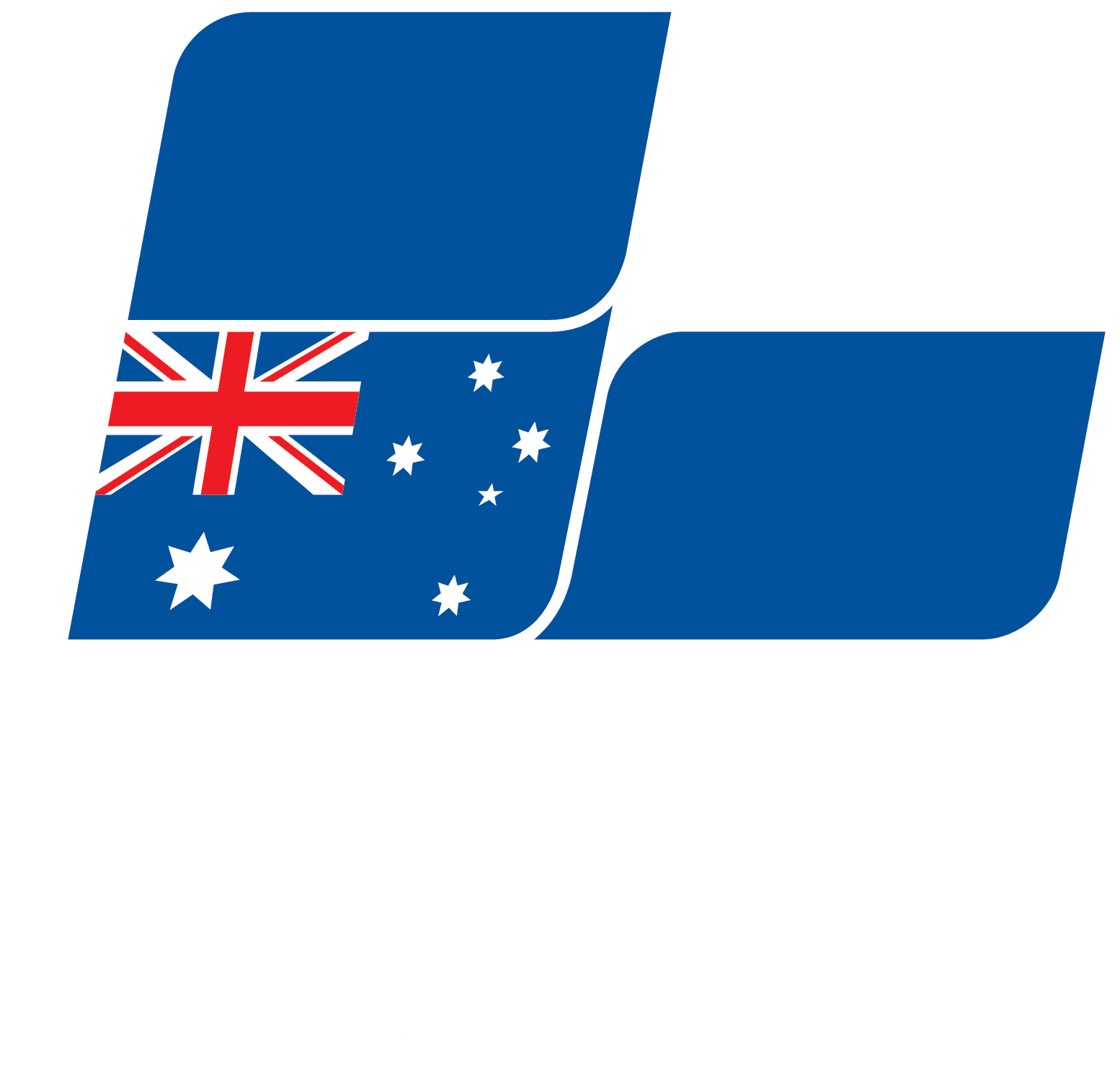Budget – 4 May 2016
Senator REYNOLDS (Western Australia) (17:06): I too rise today, but this time to congratulate the Turnbull government for the 2016-17 budget, and I especially commend the Prime Minister, the Treasurer, the finance minister and all of our economic team on a truly outstanding budget. It is a budget that really is preparing Australia for the long-term economic future, and I am absolutely thrilled with the benefits that it will provide for the people of the great state of Western Australia.
I agree with those opposite: the difference between this side and that side has never been starker. The difference is not that those on the opposite side want to make sure that Australians, and in my case West Australians, are looked after in health, education and all of the other services we need; the difference is we understand that these services actually have to be paid for, and that as a nation we have to live within our means. If we want to spend it, we also have to work out how we pay for it, and that is one of the things about this budget that I am so happy and pleased about. It is a realistic plan for the long-term future of our country.
I stand here, having listened to Senator Conroy trotting out all of the old left-wing rhetoric and class warfare rhetoric and criticising the government for having a 10-year economic plan. If that does not also highlight the differences between this side and the other side, then nothing else will. This is what good government looks like—it is actually planning to live within our means and growing as we can afford to. Every family in this country knows that they have to live within their means, and it is about time that this country also lived within its means. That means this government making an economically responsible long-term plan to grow and to live within our means.
I have to say that one of my proudest moments so far as a senator for Western Australia was last night when the Treasurer, in his budget speech, referred to Western Australia, to Perth, as a shipbuilding hub for this nation —something that, just 12 months ago, would have been inconceivable. It just goes to show what can happen when federal and state politicians, businesses and other organisations get together for a common cause. This acknowledgement in the budget last night shows that Western Australia is successfully diversifying from the resources sector into other areas of economic opportunity. We have so many skills that are transferrable from the resources sector into manufacturing, into shipbuilding and into other high-end industries, and it never just happens. This is a fantastic endorsement of many thousands of jobs for the future for Western Australia.
In the last few months alone the federal government, through the defence white paper—and this is now contained in the budget—has had nearly $6 billion of new spending in the Western Australian defence industry and shipbuilding. That means thousands of new jobs not only for the long term for Western Australians but also for the supply chain, which goes right through hundreds, if not thousands, of other businesses—mostly small mum- and-dad businesses—in the manufacturing and other support sectors.
Senator Lines interjecting—
Senator REYNOLDS: Senator Lines might want to sit there and heckle, but I tell you what—I will always stand up, as I have stood up, for Western Australia’s jobs and for getting new jobs and new industries for our state. While an extra $5 billion to $6 billion is a great additional investment in Western Australian jobs there is still much more to be done, and this budget puts us on the right path for the future.
How is it supporting and helping Western Australians? It is helping hardworking Western Australian small business owners. Those opposite do not understand. They talk about class warfare and about big businesses being the antithesis of support for families, but they are the ones that employ Western Australians, they are the ones that give people long-term jobs and they are the ones that put food on our families’ tables. Mostly it is the small businesses that will benefit so much from this budget, because it encourages those small family businesses and other businesses to grow. The more they work, the more they will be rewarded and, as Liberals and as Western Australians, we know that that is the right thing.
Western Australians absolutely understand that where there is investment and where there is economic growth there are jobs. It also means that we are prosperous and that we can afford to pay for the services that we all want. There is no magic pudding, where the money to pay for all of these services just appears. That is why the Turnbull government is putting in place this long-term economic plan.
How else do Western Australians benefit from this plan? Tax relief and a reduction in red tape for small business will mean that more than 74,000 companies in Western Australia will pay less tax, so they can get on with the job and employ more people. The feedback I have had today from small business people—a lot of them family businesses—has been overwhelmingly positive. They believe that they will do better. For our regions there will be more development assistance, with a focus on infrastructure. But probably the thing I am happiest about is the jobs program for our youth. In Armadale in Western Australia there is 17 per cent youth unemployment and many children grow up in families where neither parent has ever had a job. This plan is probably the most encouraging and wonderful thing that we have had. There is help for young people in Western Australia to get their first job, to get their foot in the door, to keep a job and to have long-term employment security. No Australian, and no young person, should ever be written off and condemned to a life of welfare.
The government is also ensuring that the 54,090 hardworking average wage earners in Western Australia are not slugged with 37 per cent marginal tax for the coming year. These are not the wealthy, as those opposite would like to have us believe; these are average, hardworking Western Australians who did not deserve to go into the next higher tax bracket. Additionally, for the 313,779 low-income earners in Western Australia, who are often women and mothers working part time while supporting a family, there will be new tax settings on their superannuation to ensure they are able to start to afford more superannuation. These are just some of the very tangible benefits for Western Australians.
Another pillar for the Western Australian economy is the additional infrastructure funding. In this budget the government has committed more than $1 billion for infrastructure projects across Western Australia, which is on top of the $5 billion Northern Australia Infrastructure Facility. Here I would like to indulge very briefly to note a fantastic appointment for Western Australia today. Our own Sharon Warburton has been appointed Chair-designate of the Northern Australia Infrastructure Facility, and I would like to congratulate Sharon on her appointment. I have absolutely no doubt she will bring the wealth of her experience in construction, resources, agriculture and infrastructure to this very important role for northern Australia. Congratulations, Sharon.
The alternative for Western Australians is the budget black hole of those opposite. Their shadow Treasurer last night said a $20 billion error was merely a rounding mistake. Today it has come up to about $100 billion. All Western Australians know that that actually means the money has to be paid back by them because it is the taxpayers who have to pay.
The people of Western Australia want a plan. They want a sound, safe and carefully considered long-term plan for their economic future. This government’s plan does set out a clear path to future prosperity for Western Australians. It is a plan that will deliver positive, genuine effects in the lives of hardworking Western Australian men and women, their families, their children and their small businesses.
The Turnbull government’s national economic plan will also boost opportunities for Western Australian regions and agriculture and infrastructure sectors along with previous policies announced by the government such as the national continuous shipbuilding program and the National Innovation and Science Agenda, which offers Western Australia so many new opportunities.
In conclusion, unlike those opposite, I am incredibly optimistic about Australia’s future and particularly about Western Australia’s future as we transform to the new economy. I am proud to be part of a government that has the courage, leadership and commitment to deliver not some shiny new policies that we cannot afford but a plan that will secure jobs and our economic future.


